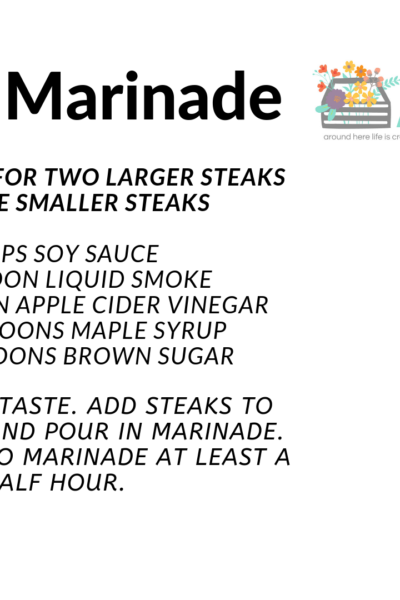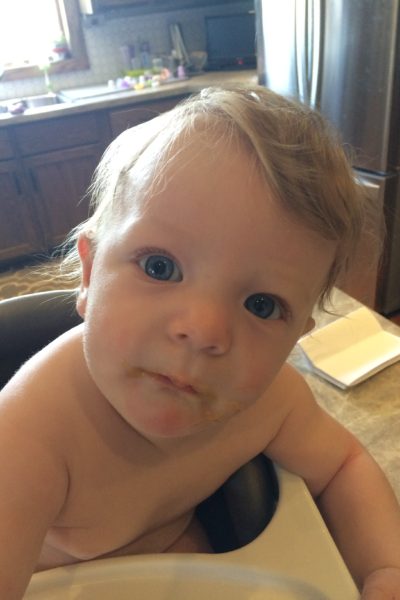This week will start my guest posts. These friends generously agreed to write posts to help me get through a pretend maternity leave. Well, I had the baby 2 days after I started lining people up. Thank you to my friends who are still helping me out because you are making life so much easier. Dr. Gail Carpenter and I did a lot together in college. Traveled a ton between Dairy Club, Dairy Judging and a trip to Europe When we graduated I decided to head out and get a job, while Gail took the academic route. It has been fun watching her become a woman in STEM. Without any further ado, meet Dr. Gail Carpenter.
I recently received my PhD in Animal Science, focusing on the management and nutritional physiology of dairy cattle. I defended my dissertation, took a 2-week vacation for the holidays, and now I’m sitting in an office with a sign that says “Dr.” in front of my name. I’ve been training for this title for over 9 years (4 years of undergrad, 2 years of a Master’s, and 3 years plus a few months for a PhD). It’s been a gradual process, so sometimes it’s hard for me to really see a big difference in my learning from when I started until now, but one thing that I am very aware of is a huge shift in the way that I think and process information.
You don’t have to look far to see reporting in popular media on scientific papers. But there is in my experience a disconnect in how scientists think and communicate and how non-scientists perceive them. I believe that a basic understanding in the brains of a scientist is important for food producers and consumers (i.e., everyone), so here I am, PhD hot off the press, to share with you a few of the insights that I’ve picked up over the years.
1. Scientists are incredibly meticulous in their word choices. This seems basic, but I don’t think that most people truly understand the extent to which this is true. There are a couple reasons for this. First of all, we want other scientists to be able to replicate our methods and to be able build off our work. When our results are fitting into a larger body of knowledge, the minutia of what we are studying becomes critical. Secondly, we understand science is a gradual process, so we tend to be border-line paranoid that non-scientists are going to read too much into our results. Not to mention that other scientists get really judge-y when you over-reach your own results to the point of speculation. For example, you have probably heard it said that correlation doesn’t prove causation, and this is absolutely true. But at the same time, sometimes we use correlations to find underlying causes. So if I was to make a statement like, “This study provides evidence that vegetable consumption is associated with improved metabolic health,” that is exactly what I mean. Nothing more and nothing less. I am not saying that one causes the other, I’m not saying that you should eat nothing except vegetables, and I’m not saying if you don’t eat your veggies that you will have poor metabolic health. But somehow, when that study gets reported, it’s not going to sound like what I said.
2. Science cannot prove anything (at least, not the way that most people think). Every single finding that I ever publish has something called a p-value attached to it. If the p-value is less than 0.05, we say that the finding is “significant,” or in other words, “we’re pretty sure this is a real thing.” In essence, a p-value of 0.05 means that there is a 5% chance that we just got lucky. When I publish a study, everything I measure gets a p-value. Milk production, milk protein, milk fat, feed intake, blood glucose, etc. Each one gets their own p-value. Sometimes you might see a p-value reported of less than 0.0001. As a scientist, that’s as sure as you can be, but what it literally means is that there is a 0.01% probability that the result was due to random chance. Science can never prove something to be a fact (although it can prove something to be false). We are simply able to put the puzzle pieces together over time.
3. We are constantly evaluating everything, and sometimes this means that we are re-evaluating things we were sure of. Yes, we get things not quite right sometimes. That’s part of the scientific process. Unfortunately, some people use this as a way to discredit all science (or should I say, all science that they don’t like). “Well, scientists used to say X, and that turned out to be wrong, so how are we sure that Y isn’t wrong, too?” It’s hard for me not to get irritated when I hear statements like this. Obviously, people who make these statements don’t understand all the meticulous work that goes into a study, from reviewing the current body of knowledge, to experimental design, to reporting results. Remember the p-value? As we build our knowledge over time, all the pieces are interconnected. Sure, maybe there is a 1% chance that a certain finding was a fluke, but when you consider the whole story, it fits with what we believe, and that foundation is what we stand on. When we make a statement, there is a weighty history associated with that statement.
4. We make a conscious effort to feel stupid, but this doesn’t mean that we are stupid (most of the time). There is a beautiful essay by a gentleman named Dr. Martin A. Schwartz that a friend of mine shared with me during my Master’s program, and it has been taped to my desk where I can see it every day since then. The essay is entitled “The importance of stupidity in scientific research.” As Dr. Schwartz states, “Science involves confronting our ‘absolute stupidity’. That kind of stupidity is an existential fact, inherent in our efforts to push our way into the unknown.” By definition of what the job is, scientists must ask myself questions every day that they don’t know the answers to. Why else would we do experiments in the first place? This means we spend a lot of time wallowing in our own ignorance. It sometimes also means that when we communicate with non-scientists about our work our word choices may make us sound unconfident or unsure.
Do you have questions about the science of cows and/or dairy farming? Reach out to me on Twitter! You can find me under the handle @RumenNut. (Get it?!)




